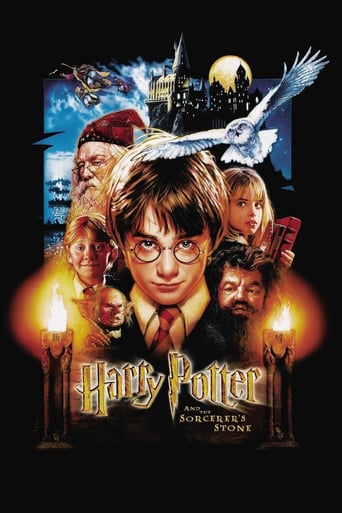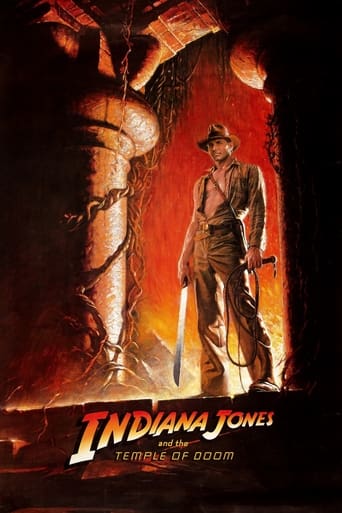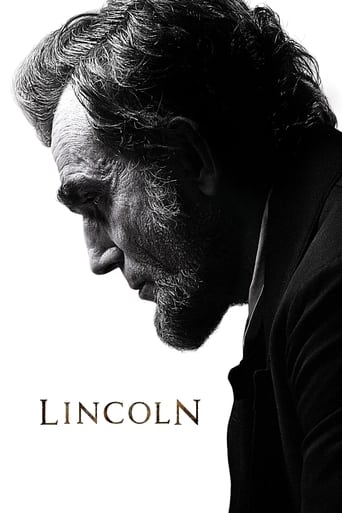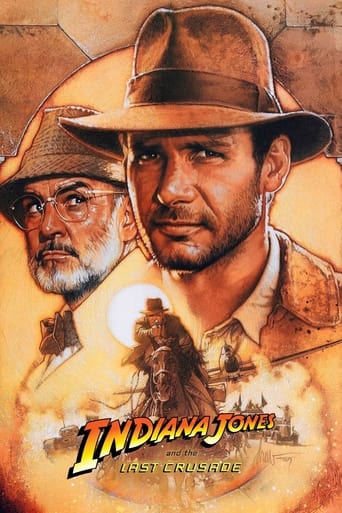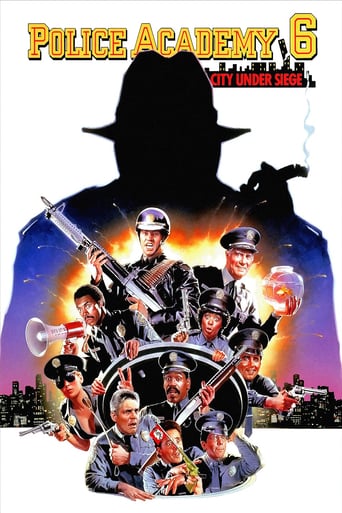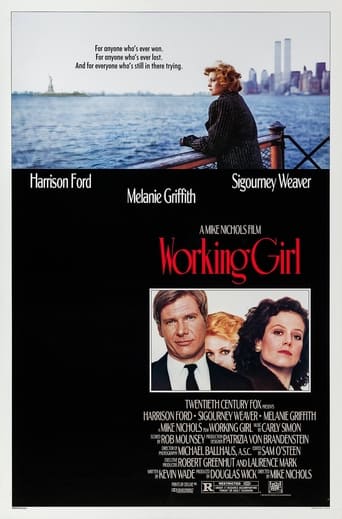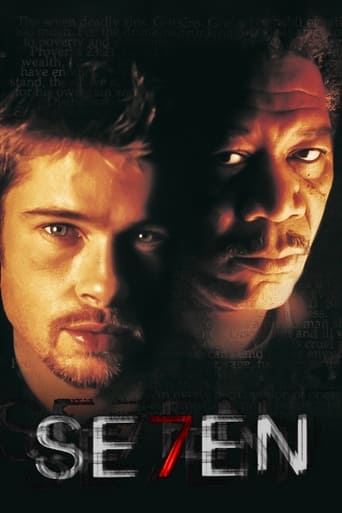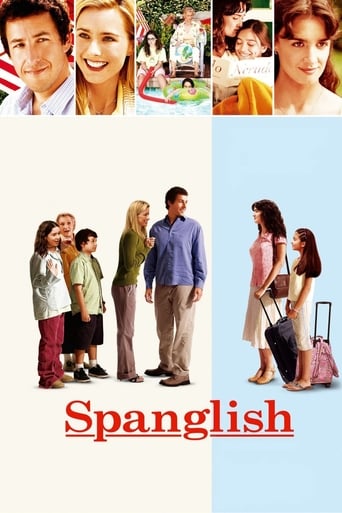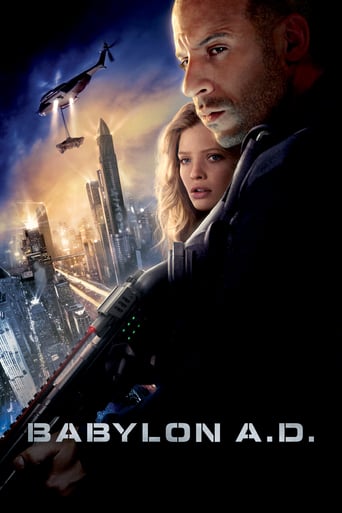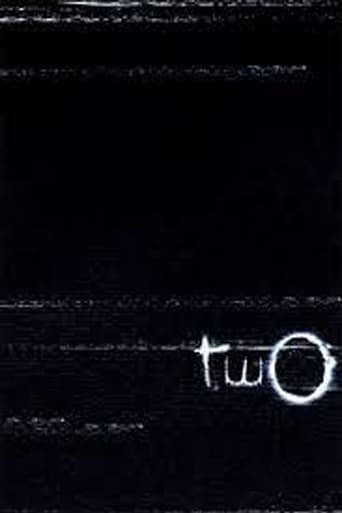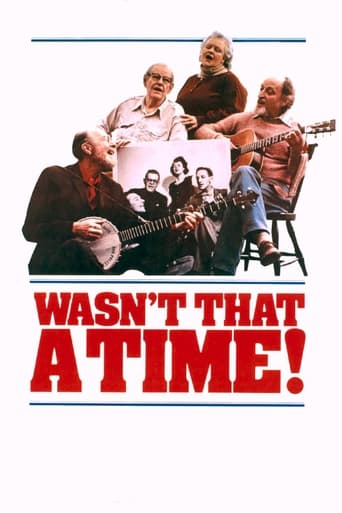


The Weavers: Wasn't That a Time
Documentary about the blacklisted folk group The Weavers, and the events leading up to their triumphant return to Carnegie Hall.
-
- Cast:
- Arlo Guthrie , Pete Seeger , Don McLean , Holly Near , Harry Reasoner , Studs Terkel , Mary Travers


Similar titles
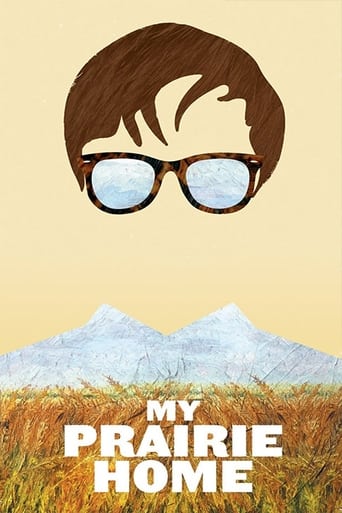
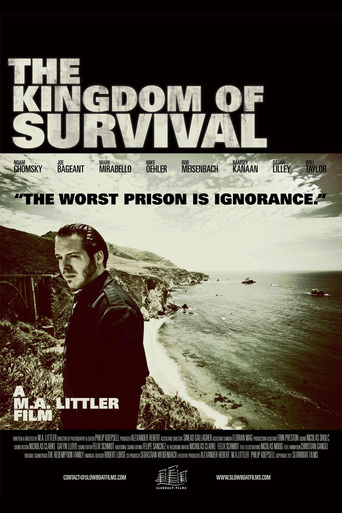
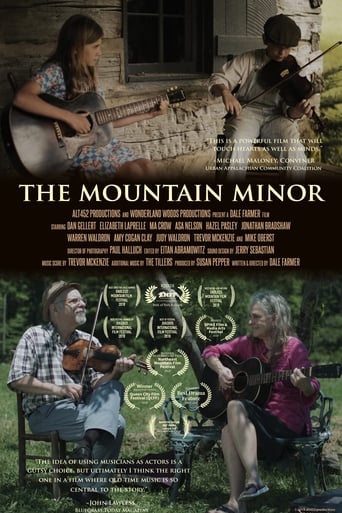
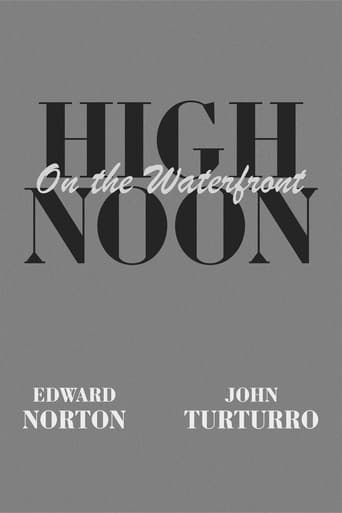
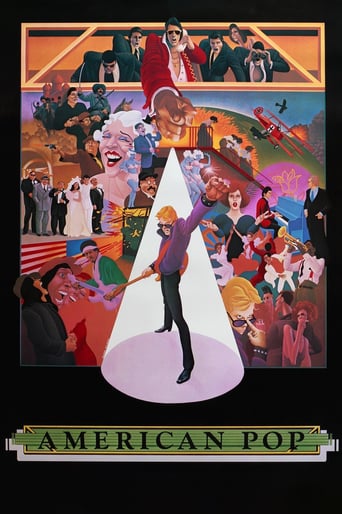
Reviews
From my favorite movies..
Better Late Then Never
It’s fine. It's literally the definition of a fine movie. You’ve seen it before, you know every beat and outcome before the characters even do. Only question is how much escapism you’re looking for.
Unshakable, witty and deeply felt, the film will be paying emotional dividends for a long, long time.
I was a fan of the Weavers from the mid 50's onward. They were an American original, and America did them dirt during the McCarthy era. When this film hit the theaters in limited release in the 80's I ran to see it. And I was not disappointed. It is warm, human, filled with nostalgia and a lasting tribute to them. I remember sitting in the theater after the credits just wishing there was more, and left knowing that an era had ended.
Our fathers bled at Valley Forge, the snow was red with blood. Their faith was worn at Valley Forge; their faith was brotherhood. Wasn't that a time, wasn't that a time? A time to try the soul of men. Wasn't that a terrible time? Brave men who fought at Gettysburg now lie in soldiers' graves. But there they stemmed the rebel tide, and there their faith was saved. Wasn't that a time, wasn't that a time? A time to try the soul of men. Wasn't that a terrible time? The wars are long, the peace is frail, the madmen come again. There is no freedom in a land where fear and hate prevail. Isn't this a time, isn't this a time? A time to try the soul of men. Isn't this a terrible time? "Songs are dangerous," says the old, sick man, Lee Hays. "The Weavers sang about freedom, civil rights..." and about justice, fairness and brotherhood. Says Ronnie Gilbert, one of the Weavers, "We felt that if we sang loud enough and strong enough and hopefully enough, somehow it would make a difference." Hays, Pete Seeger, Gilbert and Fred Hellerman came together in 1948 and formed the Weavers. They didn't make much of an impression until a year later when they performed at the Village Vanguard. Thanks to Gordon Jenkins who heard them and insisted that Decca Records sign them, they hit the big time with "Goodnight, Irene" and "Tzena, tzena, tzena." As one person said, they suddenly moved authentic folk songs into mainstream America. All four were committed progressives. Hays and Seeger were long-time union supporters going back to the terrible times of the Thirties. In the late Forties, when anti-Communist demagogues began to scare the daylights out of most Americans with accusations, Congressional investigations and fear, it only took a couple of years to finish off the Weavers, or so it seemed. They disbanded finally in 1952 after two years of blacklisting. Decca cancelled their contract, radio stations wouldn't play their records, and it was tough even to get gigs at state fairs. Three years later they came together for a one-time concert at Carnegie Hall and almost single-handedly set the new wave of protest folk-singing on its course. Although Seeger left in 1958 to return to a solo career (and remained banned from network television for years), the Weavers continued on until 1963. It's now 1980 and Hays looks in the camera and says, "I'm Lee Hays...more or less." He's not well and is confined to a wheelchair. Both legs had to be amputated because of diabetes. He decides to invite Seeger, Gilbert and Hellerman, and their spouses and kids, to come visit him, to have a picnic and sit around and sing together one more time. (And, yes, A Mighty Wind used this in a gentle and affectionate way.) A camera crew will record everything. His house is small, but it has a large backyard, a mulch pile which Hays attends to and plenty of room for outdoor tables and folding chairs. The four of them with friends, relatives and Hays' neighbors get together and eat ham and cake. Then Hays, Hellerman, Gilbert and Seeger sit down to reminisce and sing. Everyone gathers around them. At one point Seeger suggests doing what they're doing again...but at Carnegie Hall. And now we watch them rehearse. We see all that gray hair, the receding hairlines, the extra poundage, as well as their professionalism. They are as committed to social justice as they were when they started out. They still sing just as passionately and joyously as ever. Finally the Carnegie Hall night arrives. The two concerts were sell-outs as soon as they were announced. The Hall is packed. Everyone is smiling. Then onto the stage walk Seeger and Hellerman. Gilbert pushes Hays in his wheelchair. The crowd roars, then settles down, and the four start singing. If you don't have an emotional moment at this point, then you must have missed the last 60 years of this nation's history. "If I Had a Hammer," written by Hays and Seeger in 1949, is just as fresh as the first time they sang it, and with just as much meaning. If "Kisses Sweeter Than Wine" doesn't choke you up, even sung 30 years later still by Gilbert and Seeger, you've never loved anyone. And the songs crying out for justice are still valid. "We know this concert will be our last," says Hays, "but the music will go on because it always has." Hays died the next year. In accordance with his wishes, he was cremated and his neighbors gathered in his backyard where they mixed his ashes into his mulch pile. Wasn't That a Time is a tremendously moving and joyous documentary, especially if you grew up loving how the Weavers sang and what they sang about.
If you ever stood up and tried to make your voice stand for something, this movie will bring you back to a time when you cared. It's anything but preachy. It's funny and sad and a true celebration of the power American artists once wielded. When the group bursts into Wimoweh your heart will go up into your larynx. This is truly a movie that can change peoples lives.
When this movie was released in 1982, I was living in Dallas, Texas - not exactly a hotbed of radicalism. I hopped on my bicycle and pedaled to a Tuesday matinee performance at one of the many multiplexes then springing up around the country. I bought my ticket, soda, and popcorn, then settled down for the 1:30 pm show. The time passed -- nothing happened. At 1:45 I went back to the lobby and asked when "Wasn't That a Time" was supposed to start. The manager's response was priceless - "I'm sorry, sir, I didn't realize there was anyone in that theatre. I'll start it right away." Thus, my first viewing was a private showing in a 200-seat theatre. When home-video became popular, this was one of the first tapes I bought, and I still have it. For old folkies / lefties, you need no persuasion - after all, it's The Weavers. If you're fascinated by the McCarthy Era, this is a "light-hearted" documentary about blacklisting in the entertainment industry. If you wonder how this little documentary has scored so high among its few viewers, then search around for a copy. You will be thoroughly entertained by four people who obviously love what they are doing - lifting their voices in song and spreading their message of tolerance throughout mankind. Lee Hays - the brains behind the group and behind the movie - certainly knew he was dying as he assembled his cohorts for one last get-together at his farm, which turned into an incredible reunion at Carnegie Hall. The voices may waiver, but the emotions are more powerful than ever. Ronnie Gilbert's duet with Holly Near about "The Disappeared" in Chile ("Hay Una Mujer") will raise the hair on the back of your neck. Pete Seeger and Fred Hellerman never sounded better. All of the voices belting out the title tune during rehearsal even surprise the singers - there's a sudden silence when they finish like they can't believe what they've just sung. And if these 'modern' versions of "Good Night, Irene" and "If I Had a Hammer" don't get you singing along, you haven't a musical molecule in your body. I give highest praise to this movie. It's a classic to be shared with friends and family alike. For people who say "I just don't like documentaries," this will change their minds.


